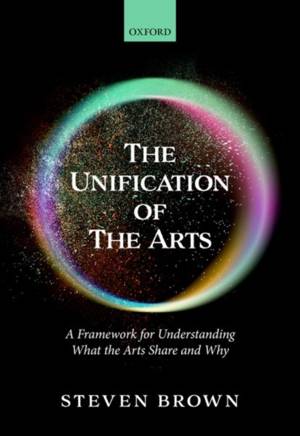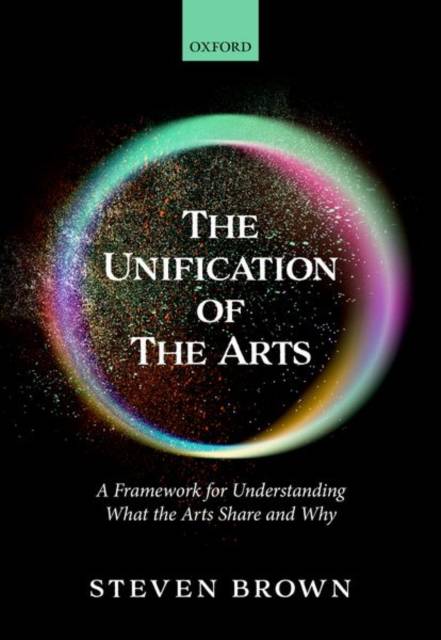
- Retrait gratuit dans votre magasin Club
- 7.000.000 titres dans notre catalogue
- Payer en toute sécurité
- Toujours un magasin près de chez vous
- Retrait gratuit dans votre magasin Club
- 7.000.0000 titres dans notre catalogue
- Payer en toute sécurité
- Toujours un magasin près de chez vous
The Unification of the Arts
A Framework for Understanding What the Arts Share and Why
Steven Brown
Livre relié | Anglais
112,95 €
+ 225 points
Description
What are the arts? What functions do the arts serve in human life? There has been a surge of cognitive, biological, and evolutionary interest in the arts in recent years, most of it oriented towards individual artforms. However, there has been virtually no bridging work to integrate the arts under a single theoretical perspective. This book presents the first integrated cognitive account of the arts that unites visual art, theatre, literature, dance, and music into a single framework, with supporting discussions about creativity and aesthetics. Its comparative approach identifies both what is unique to each artform and what they share, shedding light on how the arts can combine with one another to form syntheses, such as choreographing dance movements to music, or setting lyrics to music to create a song. While studies in the psychology of the arts tend to focus on perceptual processes and aesthetic responses alone, this book offers a holistic sensorimotor account that examines the full gamut of processes from creation to perception. This allows for a broad discussion of the evolution of the arts, including the origins of rhythm, the co-evolution of music and language, the evolution of drawing, and cultural evolution of the arts. Finally, the book unifies a number of topics that have not previously been fully related to one another, including theatre and literature, music and language, creativity and aesthetics, dancing and acting, and visual art and music. A unique volume providing a bold new approach to the integration of the arts, for academics or general readers of the arts, psychology, cognitive neuroscience, anthropology, and evolutionary studies.
Spécifications
Parties prenantes
- Auteur(s) :
- Editeur:
Contenu
- Nombre de pages :
- 400
- Langue:
- Anglais
Caractéristiques
- EAN:
- 9780198864875
- Date de parution :
- 25-02-22
- Format:
- Livre relié
- Format numérique:
- Genaaid
- Dimensions :
- 180 mm x 255 mm
- Poids :
- 970 g

Les avis
Nous publions uniquement les avis qui respectent les conditions requises. Consultez nos conditions pour les avis.






